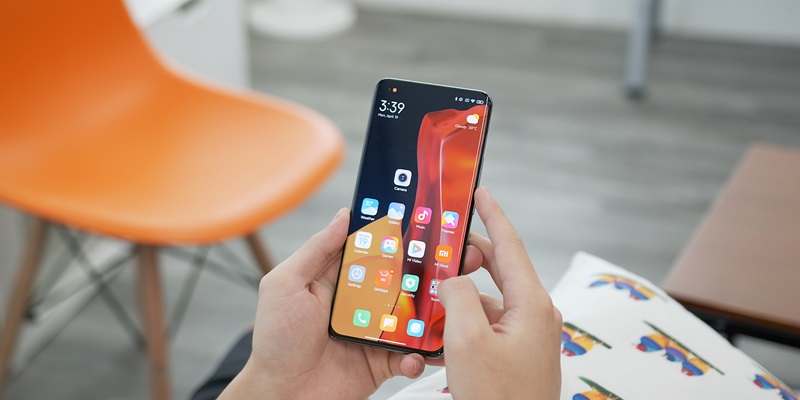Xiaomi, the popular Chinese smartphone manufacturer, made headlines in October when it announced its decision to replace its long-serving MIUI OS with a brand new operating system called HyperOS. With a run of almost 13 years, MIUI has been a beloved choice among Xiaomi users, but the company believes it’s time for a fresh start. The introduction of the new HyperOS UI came with the highly anticipated Xiaomi 14 series, and now Xiaomi has confirmed the models that will receive the HyperOS developer version update globally.
Models Receiving HyperOS Developer Version Update
Xiaomi, Redmi, and Poco users can rejoice as the Chinese OEM has officially announced the models that will receive the HyperOS developer version update. In the first quarter of 2022, owners of Xiaomi 13 Ultra, Xiaomi 13 Pro, Xiaomi 13, Xiaomi 13T Pro, Xiaomi 13T, Redmi Note 12, Redmi Note 12S, and Xiaomi Pad 6 will be able to enjoy the new HyperOS skin.
Poco F5: The Pioneer of HyperOS by Poco
Not to be left behind, Poco has also jumped on the HyperOS bandwagon. Poco announced that the highly anticipated Poco F5 will be the first model from the brand to receive the Xiaomi HyperOS update. Poco aims to provide an upgraded user experience to its loyal fan base with the new operating system.
Features and Benefits of HyperOS
HyperOS is touted as a human-centric operating system designed to seamlessly align with personal devices, cars, and smart home products. By offering an updated smart ecosystem experience, Xiaomi aims to enhance the user’s overall interaction with technology.
HyperOS boasts an AI subsystem that powers cross-device connectivity, allowing users to seamlessly switch between their various Xiaomi devices. Moreover, the operating system incorporates AI-backed enhancements to other features, ensuring optimized performance in various scenarios.
HyperOS Launches with Xiaomi 14 Models
The Xiaomi 14 series, featuring the Xiaomi 14 and Xiaomi 14 Pro, was the first handsets to launch with HyperOS right out of the box. This move showcased Xiaomi’s commitment to embracing innovative technology and providing users with the latest features and functionalities.
Assurance for Developer Beta Users
For those who signed up as developer beta users, Xiaomi has assured that they will receive over-the-air (OTA) updates for the stable version of HyperOS. This demonstrates Xiaomi’s dedication to engaging with its community and continuously improving the user experience.
With the retirement of the beloved MIUI OS, Xiaomi takes a bold step forward by introducing the new HyperOS. By rolling out the developer version update to various Xiaomi, Redmi, and Poco models, Xiaomi is ensuring that a wider user base can enjoy the benefits of this innovative operating system. HyperOS’s human-centric approach, seamless integration with personal devices, and AI-backed enhancements are set to provide a refreshed and optimized user experience. As Xiaomi continues to push boundaries, HyperOS marks a new chapter in the brand’s software evolution.

